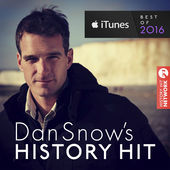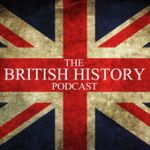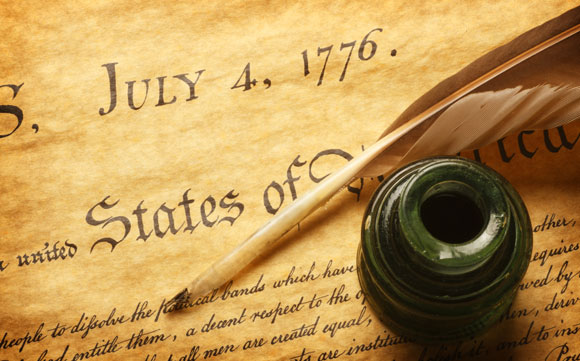Whenever I take strengths and personality assessments, the results usually remind me that I am the kind of person who looks at history to find answers to the solve the future’s problems. At work, I usually ask a lot of questions so I can figure out the best plan to move forward. I am also sure that those I am around, including my wife, are annoyed by me telling stories about history. I can’t help myself. The stories are so rich, alive, and I would offer that they are relevant to solving today’s problems.
Historian Stephen Ambrose (Band of Brothers, Undaunted Courage) once said, “You don’t hate history, you hate the way it was taught to you in high school.” I was spoiled to have some of the most skilled and entertaining history teachers in junior high, high school, and college. I loved learning history then and love it even more now. In my middle age, I’m much busier than in my student days. Thus, I have to absorb history in different ways. That is why I listen to a lot of history podcasts and have compiled a list to help you get the fun out of history as well. Most of you reading this have either a commute to work or time to walk around your neighborhood. Why not have fun and learn a thing or two?
For that reason, I have compiled some of the best history podcasts that I recommend you enjoy.

Unknown History with Giles Milton. If you are looking for a good 4-10 minute story about amusing moments in history, you’ll love this one. It’s an easy starter and leads into wanting to read more in his books. Plus, British accents are mesmerizing and amusing.

Backstory. A conversational exploration of interesting stories you may have missed out on from the past. What I appreciate is during a current day crisis like heated exchanges between the U.S. and Russia, Backstory devoted a show to teaching about the history of their relationship. Hosted by a panel of historians from the University of Virginia. Each episode is 30-40 minutes.

Stuff You Missed in History Class. This is a unique podcast because it tackles the stories we either glossed over or outright missed. From Frederick Douglas to the evacuation of Dunkirk to even a tackling the brief history of Veterinary medicine, you will be entertained and educated. The podcast explores history with a curiosity like Malcolm Gladwell tackles his books. Each episode is 10-40 minutes.

British History Podcast. This is a must for any Anglophile. It doesn’t get much better than Jamie Jeffers’ storytelling. It is a chronological retelling of the history of Britain with a particular focus upon the lives of the people. You won’t find a dry recounting of dates and battles here, but instead you’ll learn about who these people were and how their desires, fears, and flaws shaped the histories of England, Scotland, and Wales. Each episode is 20-40 minutes.

Dan Snow’s HISTORY HIT. I have loved watching Dan and his father Peter host great shows on the History and Military channels. They approach interviews like a battlefield reporter. This is one of my favorite podcasts and I love how Dan brings on fascinating people to interview. Listen to him interview Wehrmacht soldiers who gather together each year to recount their perspective of World War II. Each podcast is 10-40 minutes.

Dan Carlin’s Hardcore History. “The PhD of Podcasts.” This is not for the faint hearted. If you are willing to endure 4-7 hour podcasts, you can do anything. This is the equivalent to listening to an audiobook but it is worth your time. It is conversational and thought-provoking as you are hypnotized by Carlin’s voice and ability to teach us through storytelling. Hardcore History is the way popular history books are written excerpt Dan Carlin shares these stories out loud in a conversational tone. I recommend the 6 part “Blueprint for Armageddon” World War I saga or if you are interested in a single episode, listen to “The Destroyer of Worlds.” To date, he has recorded 60 podcasts. He only has 10 available as of today for free.
Ultimately, the goal is for all of us to have a greater understanding of how our world works. Sometimes that means we need to look back to know how to look forward.
You are never too busy to learn. Have fun while you’re at it.
The past is a source of knowledge, and the future is a source of hope. Love of the past implies faith in the future. – Stephen Ambrose











